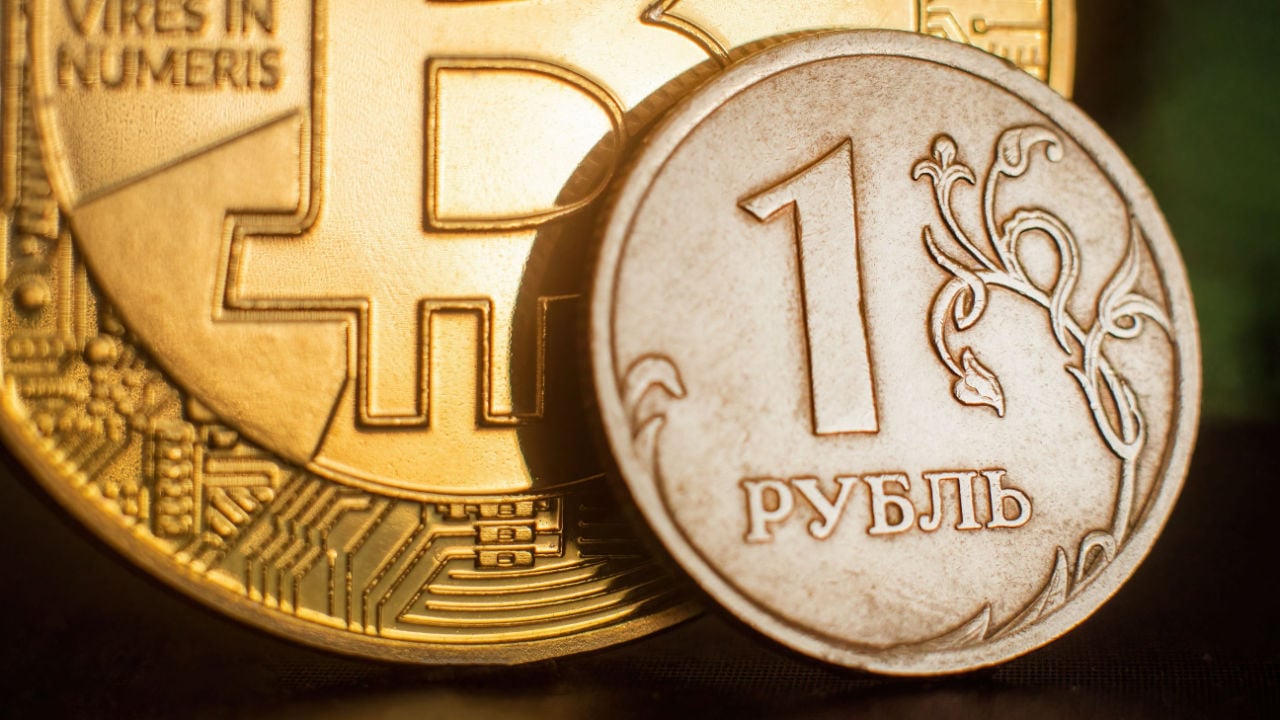The lower house of the Russian parliament, the State Duma, is set to adopt four laws related to cryptocurrency during its spring session, which ends on July 30. The parliamentary Financial Market Committee chairman, Anatoly Aksakov, revealed that the bills will regulate cryptocurrency mining, cross-border crypto payments, taxation of digital assets, and liability for their illegal use. He emphasized that the laws are well thought through.
The Legal Framework for Cryptocurrency Transactions
Large Russian companies are already using cryptocurrency in foreign trade settlements, but they want to see legislation outlining the legal framework for such transactions. Speaking at the St. Petersburg International Legal Forum, Aksakov stated that they have come to the point where four bills are in the stage of practical adoption. He added that it is quite possible that they will adopt all the laws in the spring session.
The authorities want to take into account the opinions of market participants regarding tax rules. Aksakov elaborated that the norms applicable to Digital Financial Assets (DFAs) will likely be taken into account, since it is a similar instrument. The law “On Digital Financial Assets” (DFAs) that went into effect in January 2021 covers only some crypto-related activities, including digital assets with an issuing entity, like tokenized traditional assets or utility tokens.
Regulating Decentralized Cryptocurrencies
Transactions with decentralized cryptocurrencies like Bitcoin are yet to be comprehensively regulated in Russia. As a result, the authorities are stepping up their efforts in this direction, especially amid Western sanctions over Moscow’s invasion of Ukraine. The authorities want to regulate such transactions to prevent their illegal use.
In conclusion, the Russian parliament is set to adopt four crypto-related laws during its spring session. Large Russian companies are already using cryptocurrency in foreign trade settlements, and they want to see legislation outlining the legal framework for such transactions. The authorities want to take into account the opinions of market participants regarding tax rules and are stepping up their efforts to regulate transactions with decentralized cryptocurrencies like Bitcoin.

